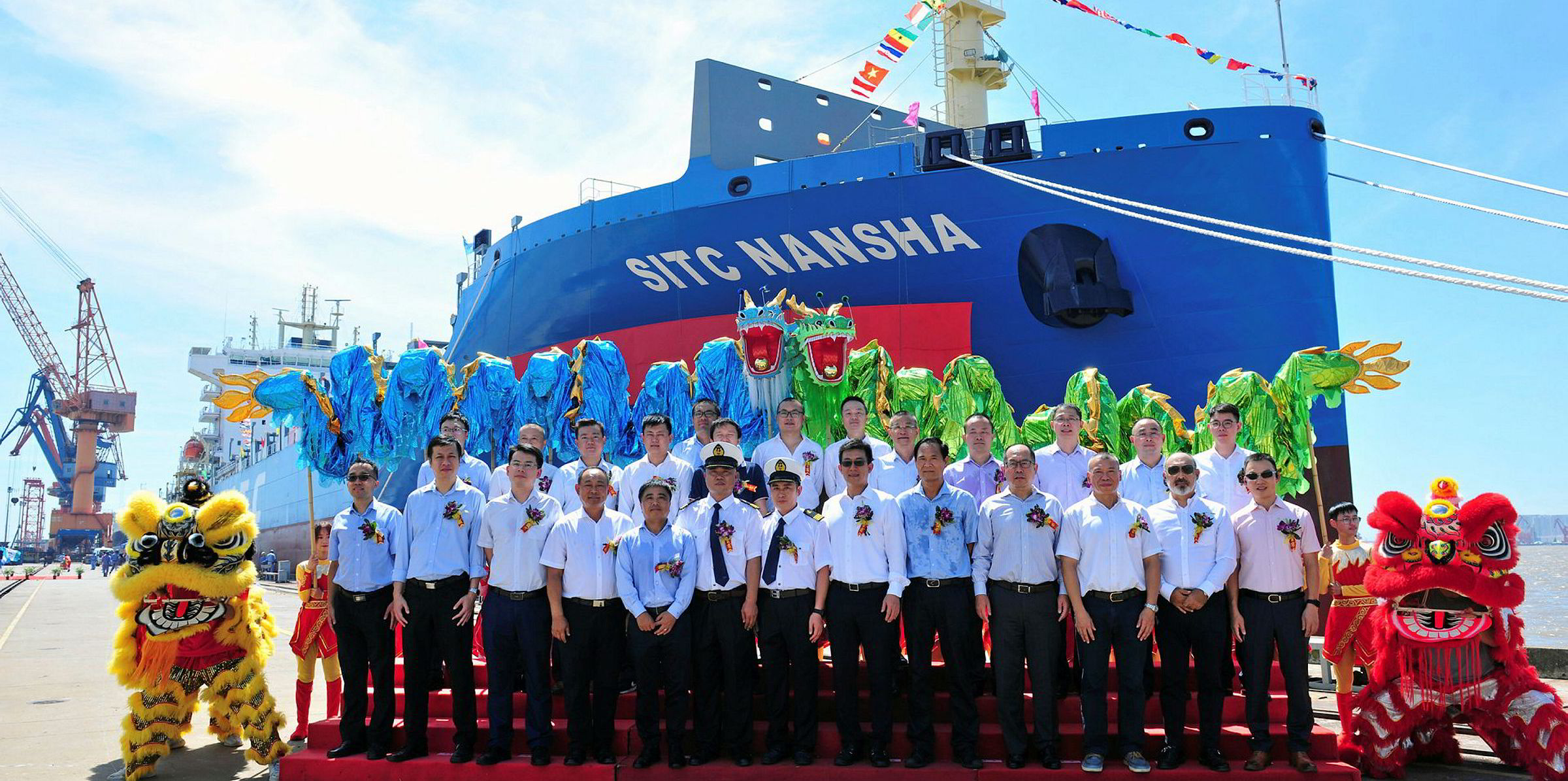Shipowners will weather the coronavirus pandemic unscathed despite a demand collapse, with future freight earnings expected to be supported by limited fleet growth, an analyst said.
As the Covid-19 is on track to plunge the world’s economy into its worst recessions since the second World War, researchers estimate global seaborne trade volume will shrink by more than 5% in 2020.
But this should be seen as a “short-term disruption” and does not reflect structural weakness of freight markets, IHS Markit’s global head of commodity shipping research Rahul Kapoor told a Marine Money forum.
“Talk of doom was overdone,” he said.
Kapoor instead suggested shipowners will benefit from constrained supply growth because of small orderbooks across the sectors.
The total global orderbook accounted for just 7.4% of the existing fleet as of mid-September, the lowest level since 1989, data of Clarksons Research showed.
“The shipping industry’s returns have fared poorly over the last decade, perennially tough to cover the cost of capital. Last few years have seen capital exist and overcapacity has reduced,” Kapoor told the virtual forum on Thursday.
Moreover, the International Maritime Organization will usher in new emission regulations by 2023 to help achieve the industry’s long-term decarbonisation targets. Regional regulators – such as the European Union – are mulling over additional rules.
The regulatory uncertainty will keep most shipowners and speculative investors from building new ships for a “very extended period of time”, Kapoor said.
“All this will support a shipping recovery,” he added.
“It is the changes in the supply-side dynamics that will drive industry profitability. The shipping industry is undergoing a massive supply-side normalisation after years of supply growth. [Investment] return will rise owning to the shifts.”
Role of shipbuilders
Many shipping professionals believe fleet renewal will need to take place in the coming decade, with ageing fleet profiles in the main sectors.
Clarksons Research data shows the average age of bulkers has reached 10.3 years, tankers reached 11.2 years and boxships 12.9 years – highest since 2011 at least.
“With the lower fleet growth, and the older fleet we have, we can see some good time ahead for the tankers,” Teekay Corp’s business development director Matthew Blake said.
Blake expected any newbuilding decisions to be based on fuel efficiency and propulsion technology due to the coming regulatory change – but he did not see a common solution emerging soon.
“We are kind of a slow-moving, slow-changing industry,” Blake said. “I don’t think it will be as quick as other industries.”
Drewry managing director Arjun Batra also said the supply situation is “absolutely fabulous” for shipowners, but he preferred to focus on how the industry can reduce greenhouse gas emissions for the long run.
Shipbuilders will need to “revolutionise” to meet the demand from newbuilding investors while not losing money, but how they can achieve this remains uncertain, Batra said.
“Yards have capacity, but don’t have design of the future,” he added.








